Life - Laurentiu Mihaescu (good beach reads txt) 📗
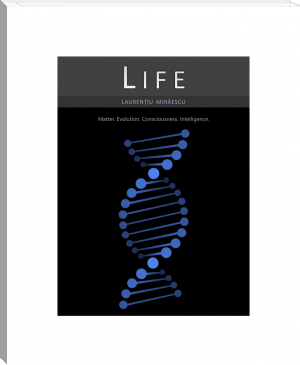
- Author: Laurentiu Mihaescu
Book online «Life - Laurentiu Mihaescu (good beach reads txt) 📗». Author Laurentiu Mihaescu
Life
Laurentiu Mihaescu
Matter. Evolution. Consciousness. Intelligence.
www.1theory.com
Fourth edition, March 2020
Prime Theory series
Copyright © 2017 by Laurentiu Mihaescu. All rights reserved.
The copyright law protects this digital book, which is intended for personal use only. You may display its content on a computer screen or on a compatible reading device. Any reproduction, printing, lending, exchanging, or trading, including distribution in any form over the Internet or in print is strictly forbidden.
Premius Publishing, 2017
ISBN 978-606-94562-0-0
This book represents a humble tribute to all scientists who succeeded through their hard work and their genius to bring a sparkle of starlight into Earth.
Introduction
This book reveals the mystery lying inside and outside of all of us, answering the fundamental questions related to our Life in the Universe. As you read and understand it, your life may gain more clarity and meaning.
My true intention here is to formulate a global explanation on Life in general, building a coherent and unitary model of the entire physical reality from a deterministic perspective, as neutral as possible. This is my contribution to the scientific knowledge, hoping in this way to help decipher some of the greatest secrets of the Universe and of our existence as living beings. Just a simple analysis is intended to be made in this book, but it will consider the evolution of things over time, starting from the moment matter emerged; a minimalistic set of assumptions is used at first, which will be followed by logic and reason. All principles, postulates and theories stated and proved in my previous works ("Prime Theory"[1] and "The Universe"[2]) will serve as a solid foundation to this particular approach. The granular space, matter, energy and fields, the theories of relativity and of the absolute for the motion of bodies, along with the principles of causality, all of these will be an integral part of the explanations given to the complex cosmic mechanism that made possible the emergence, the evolution and transformation of the primordial matter (13.7 billion years old) up to its current structures. About four billion years ago, so during a recent stage of the universe's history, the continuous "struggle" of the matter components led to an apogee, once the primary single-celled organisms appeared on Earth; the simple bacteria born in water (i.e. the liquid medium that was formed when the surface of the planet had cooled down sufficiently) have rapidly evolved and Life took more complex forms in time - until the most special one, the actual humans, emerged as beings with intelligence and consciousness. The odds of this kind of life to appear somewhere in our quasi-infinite Universe, the chances that some evolved beings have reached the knowledge and understanding in the manner we have, all of these are very slim and it is difficult to quantify them with high accuracy. As this probability has an infinitesimal value, we need to show a great respect for the extraordinary chain of cosmic events that has led to the appearance of Life and to develop and preserve it as much as possible. We should strive to not forget that this sequence of changes and transformations of matter might be unique at the scale of the universe and unrepeatable in this form. There will be no hesitation in showing what we did wrong until now - relative to our social life and to the natural environment - and what keeps us apart from a natural evolution through science and reason, on the path of normality.
This whole description is founded on a simple premise: all information we are receiving from the surroundings through our sensory organs is absolutely real and depends on the physical exchange of energy (electrical impulses, no matter how small are their values) with our nervous system. Additionally, we can postulate that the part of information reaching our brains is an accurate and objective impression of reality, and this automatically implies another important fact, namely that our external reality does really exist - it is not an illusion. However, it is known that this influx of sensory information, transmitted as electrical signals by neurons through their connections, is not complete. For example, our retina receives only a part of the incoming light, the photons that belong to the visible spectrum. The physical reality that surrounds us is therefore much broader than what we can observe directly, as the matter of any form emits or reflects photons of many more "colors"; however, this missing part of the nature may still reach us, indirectly, via various devices. Humans, therefore, can analyze the whole of reality; we are able to unfold and understand all its "dimensions", as we have this multi-sensorial interface with the outside and certain special capabilities. Our reason, memory and self-consciousness, for example, are all higher brain functions that allow the perception and the understanding of all phenomena. Knowledge is therefore certainly possible! It stands to reason that our entire world, namely all we can "sense and perceive" from the environment, has a material nature and it is located inside a huge three-dimensional space, seemingly infinite. Thus, if we observe a few different things of this frame, at any scale, we soon realize that all of them are working in a predictable way, following specific and universal laws; consequently, if we perform a full analysis of today's world and find all of its rules, then we may extrapolate this data to both past and future, making a precise outline of its development mechanism. And here is a serious confirmation for the existence of reality and for our ability to truly perceive it: our sensory organs did not appear directly in their current form, they have gradually evolved over time, as both shape and performance, by continuous adaptation to the external environment - which therefore had and still has an undeniable materiality and existence within this paradigm. If we exist, our external reality also exists.
It is therefore interesting to consider virtual reality: what if the whole external reality would be in fact a perfect simulation, brought and projected directly to our mind? Or, even more, what if absolutely everything is a simulation, including us, our life and our senses - while matter and space we perceive are not actually there, in this form? However, this hypothesis seems completely improbable and no further analysis will be made on it - for the simple motive that it implies a creator, a special almighty entity which must have created everything for a still unknown reason. And this is not the normal, scientific method to be used. In addition, the dimensions and the huge complexity of this elaborate hoax would imply quasi-infinite energies, impossible to be imagined. And we do not have to forget about the logic problem that would arise immediately, catching us in a vicious circle, namely who has created this hypothetical creator? And how, why, when? And so on...
The full knowledge of reality (whatever it might be, even simulated) and the exploration of micro and macrocosm are mandatory requirements for humans in this context, especially as they have all the means and capacity necessary to carry out these tasks. But why do we have to wonder, research and explore? As beings who possess a great curiosity and who are an integral part of this complex material reality (living inside it and depending on it), it comes natural for us to examine and study extensively our environment. In order to continue our development, we need more resources, more technology, energy and space - so there are at least a few pragmatic reasons to explore and understand. But is it possible for humans to carry out this research by themselves and to eventually find all the laws governing the nature's working mechanisms? Are we able to solve these mysteries, including the most complex one - our Life and our own existence inside this material universe? And could this be accomplished when "the man is part of the mystery", as Max Planck would have said? Whatever the correct approach to these issues of philosophical type would be, it must necessarily include the physical bounds of the materiality of nature and the terms we have to relate to our measurements and comparisons. We could say, for example, that here on Earth, our species is the most intelligent one at this moment, but this assertion might not be true in a broader context, of our galaxy or of the entire universe. However, this book is not a dissertation about the possibility and the ways of the absolute knowledge; the metaphysics and the other philosophical doctrines involving the principles of ontology will not be further considered. Humans, those beings who have the power of reason, are certainly able to overcome any type of cognitive barriers that would block their path. Therefore, we may eventually come to understand perfectly our environment and to understand ourselves, as living creatures, in all the material and spiritual aspects involved.
"I think, therefore I am". If it is possible to continue the perfect logic of Descartes' famous proposition, my updated statement would be: "I think, therefore I
ImprintText: Copyright Laurentiu Mihaescu
Publication Date: 12-05-2017
All Rights Reserved

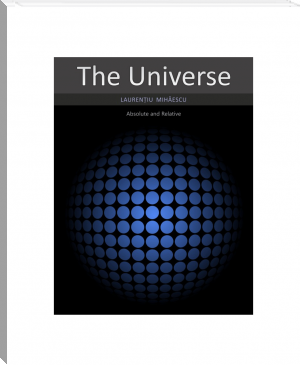
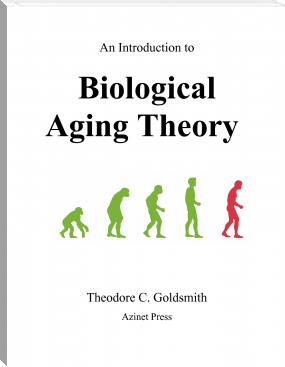
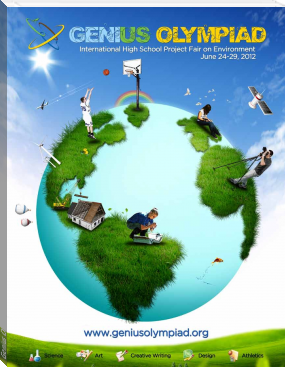
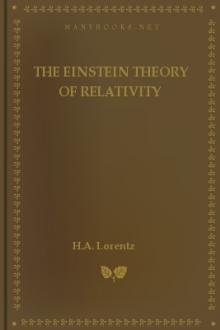
Comments (0)